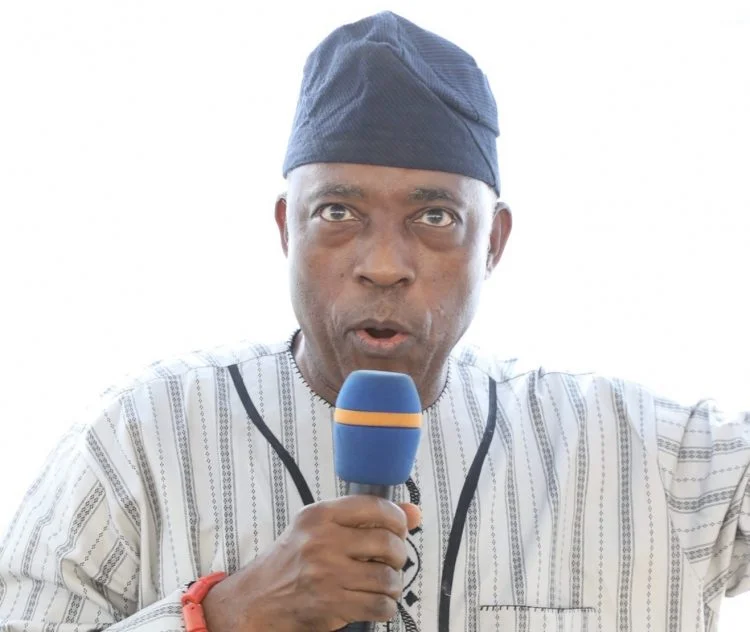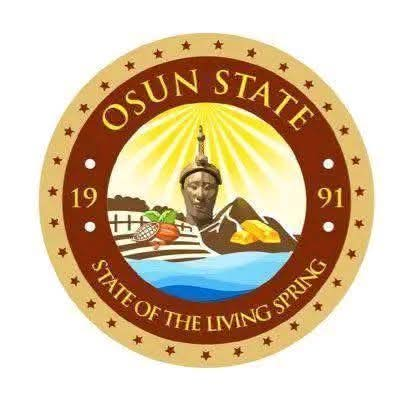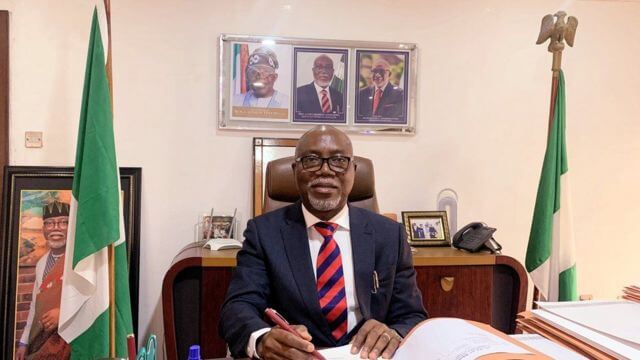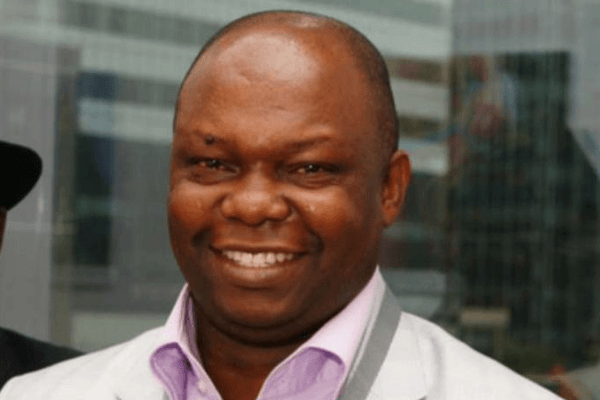It is good and commendable that after many weeks of hesitation, the Federal Government decided to intervene in the dispute between the Kogi State Government and Dangote Industries Plc over the ownership of the Dangote Cement Factory in Obajana, Kogi State. Since Dangote opened the cement industry in Obajana in 2002, that town has never slept until Governor Yahaya Bello intervened and tried to put the town to sleep. Anytime you get there, no matter the hour of the day or night, the industrial town is always awake. I am sure that even from space, that industry, occupying more than two square kilometers, would be visible.
The shutting down of Obajana is blight on Nigeria which is struggling to cope with the global unfavourable economic climate.
If a major industry like Obajana could be shut down without any court pronouncement, then which capitalist venture is safe in Nigeria? It was alarming that more than 100 armed men could be mobilized to attack a factory where thousands of people are involved on a daily basis. Though Kogi State is not new to dead industries and dead dreams, being the home state of the comatose Ajaokuta Steel Complex, yet it would not serve its interest, if Dangote should join the list of dead dreams. In the opinion of the government, the armed invaders represented the “court of public opinion.” Such muscularity is hardly befitting a democratic dispensation. In his heydays, Benito Mussolini, the Fascist dictator of Italy, declared after his thugs have marched through the streets of Rome: “The masses are women; they love strong and beautiful men.”
Governor Bello is the youngest man to become the Governor of Kogi State. I am told he is even the youngest governor in Nigeria now. That was why he tried to become our President until he was muscled out by the big boys. In recent weeks, he has been busy, or appeared to be busy, coping with the flood tumbling down from the Adamawa Mountain and keeping the city of Lokoja, the state capital in unwanted pool. The Rivers Niger and Benue, two of Africa’s greatest rivers, have their confluence in Lokoja and for generations, have been a blessing to that town. But now, they are bringing flood, washing away roads (which hardly exist in most parts of the state) and putting the normally amiable polygamous governor in a foul mood.
I suspect it was that foul mood that has made the governor to take his case to the “Court of public opinion.” It is good that President Muhammadu Buhari has helped him back into a manageable mood. The Kogi State Government has explained why it is angry with Dangote. It wants a slice of the action now that the cement company is very successful and Aliko Dangote, the founder and major shareholder in the company is rated the richest man in Nigeria and the richest African. Why can’t Kogi, with this mammoth cement industry, be the richest state?
I think Kogi is actually one of the richest states in Nigeria. Kogi State is a beggar sitting on a throne of gold. The state is rich in minerals including petroleum, tin, iron, coal and limestone. Its people are also excellent farmers, producing yams that can compete with Benue State and growing other crops like cocoa yam, rice, melon, groundnut, coffee and cocoa. It is the only state in Nigeria where both the Yoruba and the Igbo are native ethnic groups. The state has three major ethnic groups; the Igala, Ebira and the Yoruba. Created in 1991 by the regime of General Ibrahim Babangida, it is an amalgam of territories from the old Kwara and Benue States. It is the state with the largest number of borders with other Nigerian states: Niger, Kwara, Ekiti, Ondo, Edo, Anambra, Enugu, Nasarawa and the Federal Capital Territory. With so many complexities and colours, Kogi State is a mini-Nigeria. It has attracted strong and controversial men (and very few women) into its leadership.
When Dangote opened its cement factory in Obajana in 2002, the Governor then was Alhaji Abubakar Audu, a controversial businessman and politician. He was replaced in 2003 by Governor Ibrahim Idris who was to remain in office, despite an interregnum by Clarence Obafemi as acting Governor, until 2012 when Governor Idris Wada was elected to office. Since 2016, it has been the youthful Yahaya Bello’s turn. Bello would be retiring next year and because he wanted to be our President at one point, he would not have the privilege of retiring into the Senate next year like many of his other colleagues.
Now he has an issue to resolve before he bows out. He has raised issues that were hardly raised by his predecessors. He said Kogi State should be the rightful owner of the Obajana cement factory. Now with the intervention of the Federal Government, he needs to take his assertion to court and prove his case in an open court of law, not the court of public opinion, how he arrived at his conclusions. “This response is issued with the sole purpose of addressing the concerns and apprehensions of over 4 million indigenes of Kogi State who are distraught at the opaque dealings of Dangote Industries Limited (DIL) with the beloved patrimony, that is, Obajana Cement Plc (OCP), the name of which she has now changed to Dangote Cement Plc, (DCP),” stated the Kogi State Government in its advertorial. “Both DIL which are steadfastly asserting ownership of Obajana Cement Plant to the exclusion of Kogi State and her people have not been able to show that they paid for the assets and equity in Obajana Cement Plc which they today operate for their sole benefit and profit in Kogi State.”
Of course Dangote Cement Plc denied these allegations and asserted that it legally acquired and built its factory in Obajana. “The investment of DIL in Kogi State through DCP was at the instance of the duly constituted government of Kogi State done in accordance with the law of the State and all enabling laws in that regard and the transaction documents were effectively, lawfully and duly executed by the Governor and Attorney General of the State (at the time), after internal approvals were obtained within the government.”
What is curious about this dispute is that the state government, which is the aggrieved party in this instance, is not in court and it is not threatening to go to court. How else can a dispute of this nature be resolved in a democratic country if not through the court of law or judiciary arbitration? The judiciary is the arbiter in a democracy. To result to self-help or use thugs as an instrument for “the court of public opinion” would threaten the fabric of the society and undermine the Rule of Law. The Kogi State Government should persuade itself to retreat from that route for it would certainly lead to perdition.
The crisis is happening because Dangote Cement has become a big player in Kogi State. It employs thousands of people and impacts on the lives of millions. It has tarred many kilometers of roads in Kogi and has done many more projects under the auspices of social responsibility. If the truth must be told, Dangote Cement is a success story. It is different from the Ajaokuta Steel Complex which is heaving like a giant in coma. No one would dare take Ajaokuta to the court of public opinion. This whole episode is a challenge to Dangote to do more in the area of youth empowerment. Too many youths in Kogi are available for the devil’s workshop.
The rain is still falling in Kogi and the River Niger, now troubled and in a foul mood, is not about to retreat to its old boundary. Governor Bello and the Dangote Group should shield their swords and keep trouble at bay within a reasonable boundary. They should not allow wahala to become a native of Kogi State.





